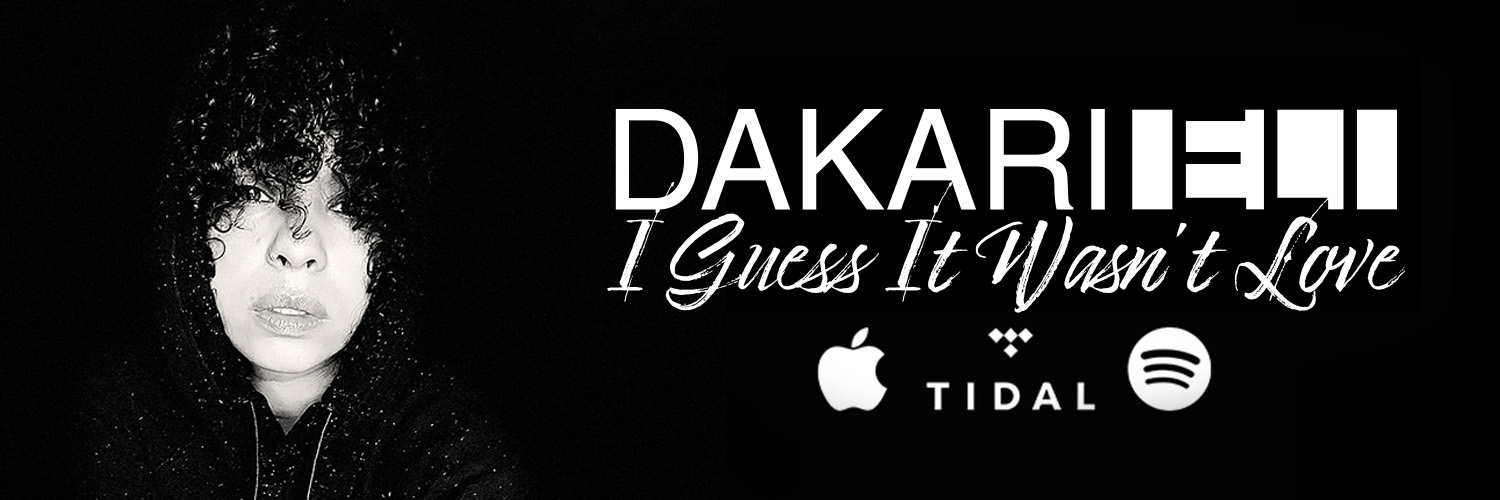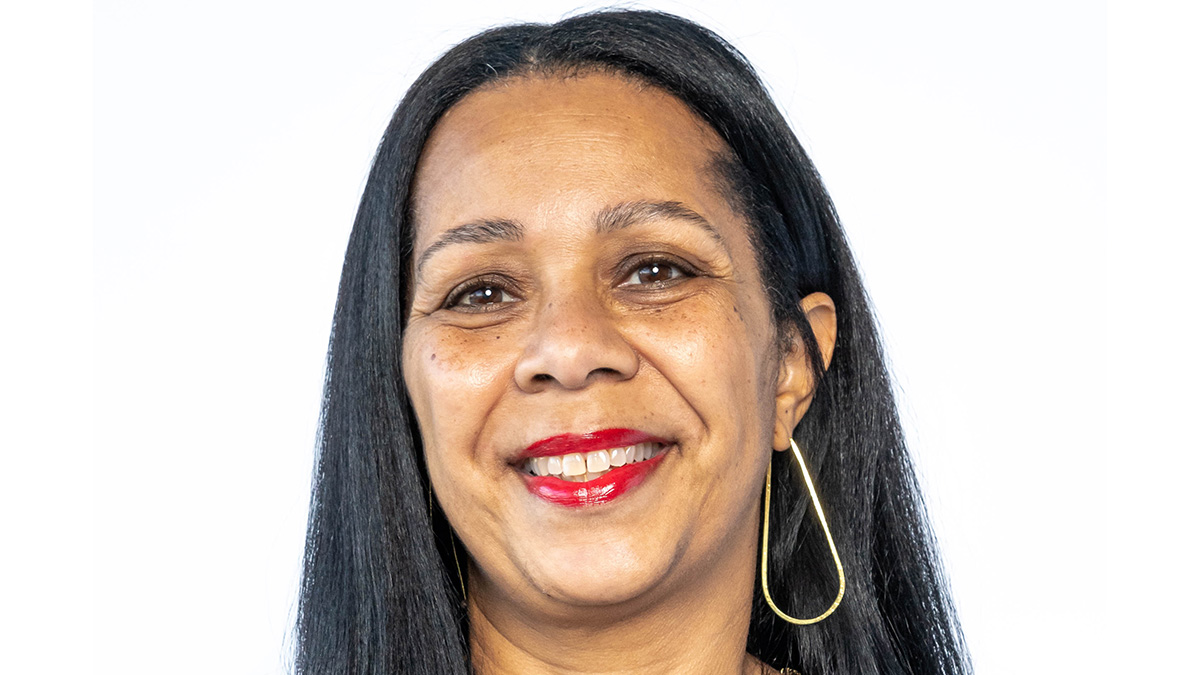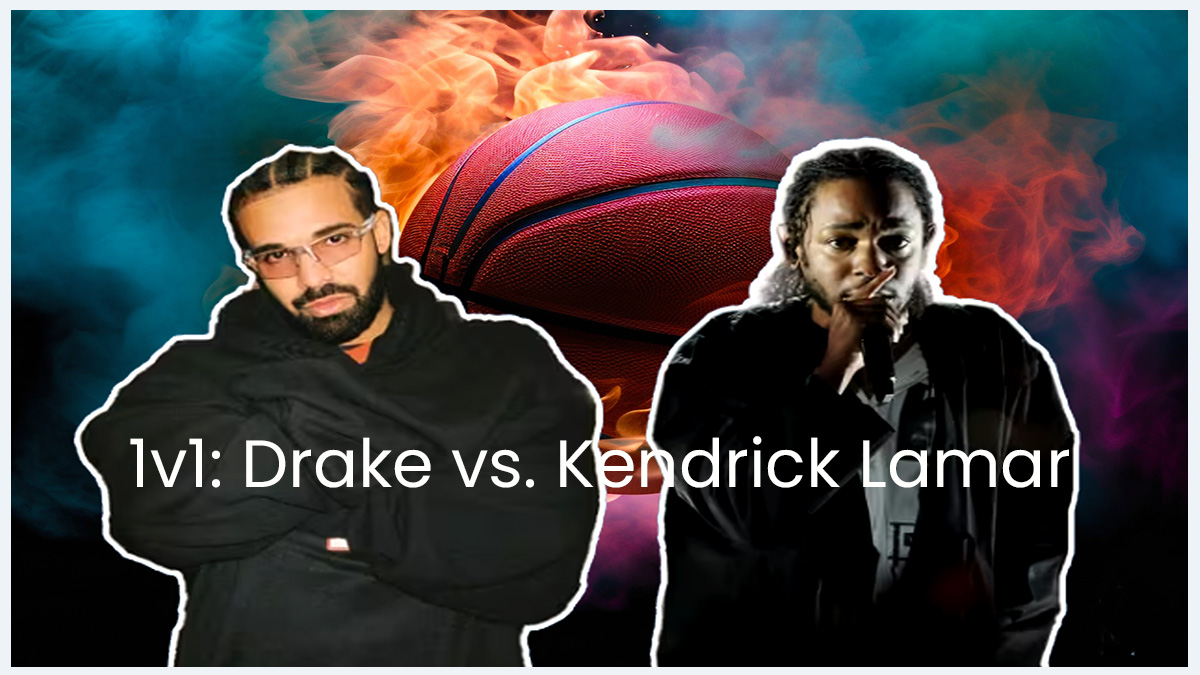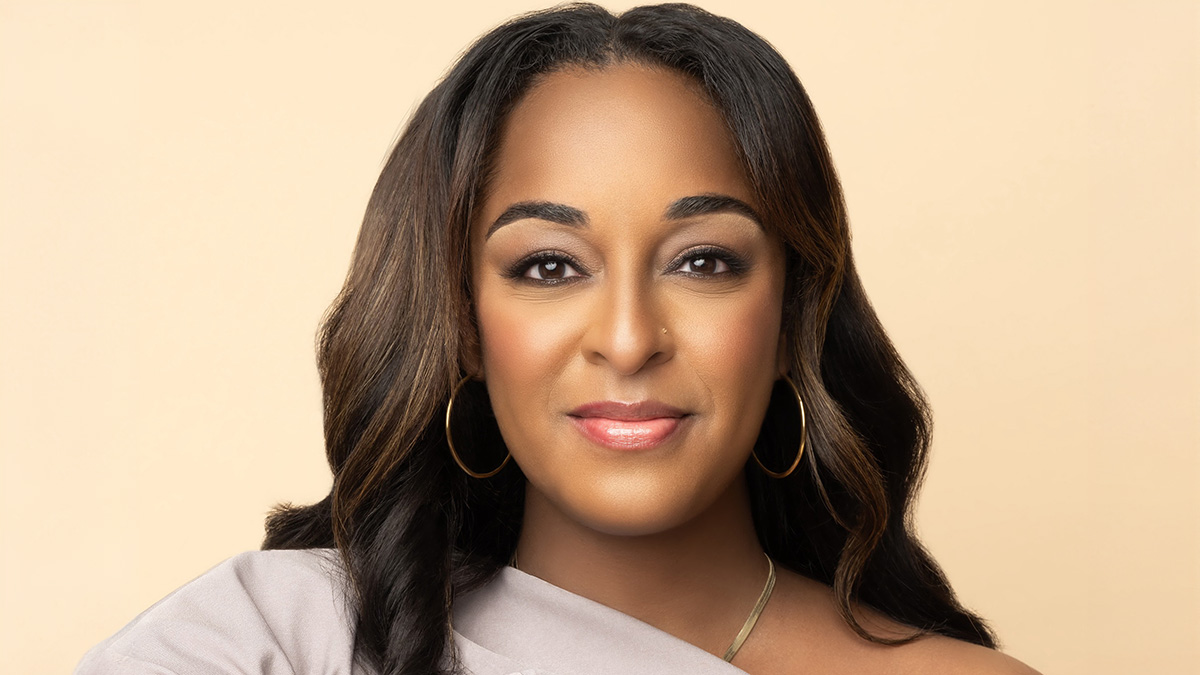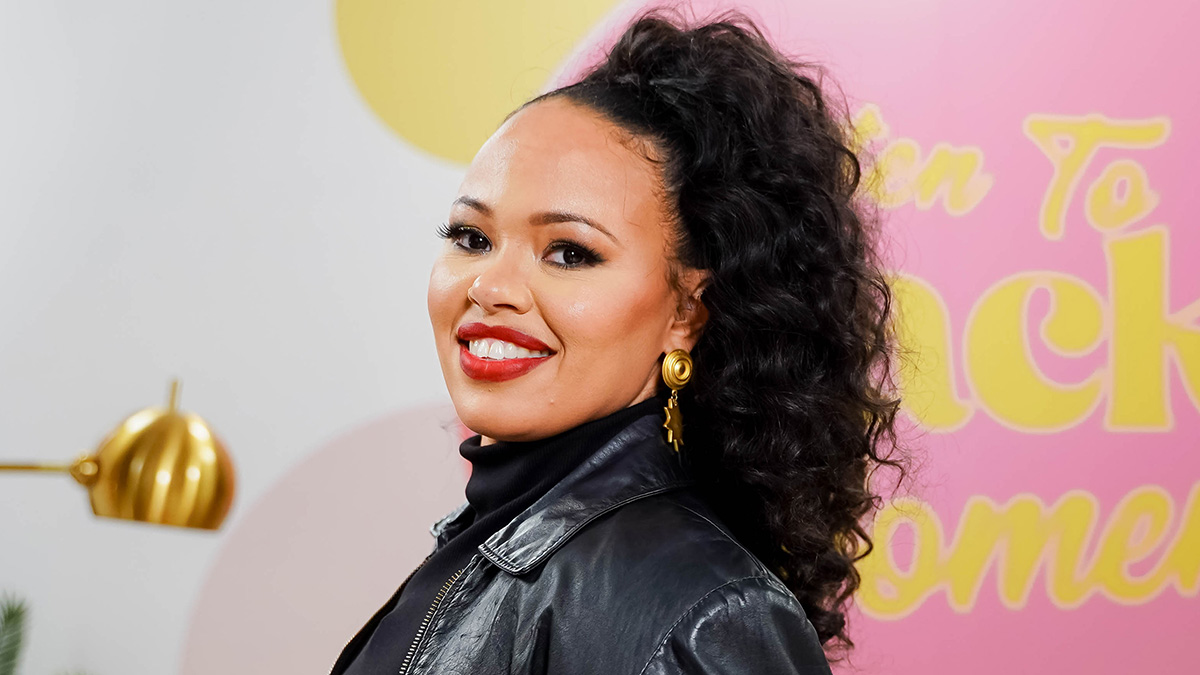Sheryl Evans Davis, EdD, an esteemed changemaker and community advocate, offers valuable insights from her role as the Executive Director of the San Francisco Human Rights Commission. Her expertise in community engagement, workforce development, youth development, and violence prevention is as extraordinary as her service to the community is impactful.
How did you initially become involved in advocating for human rights and equitable opportunities for Black communities?
I started my career as a teacher, working in a private school. I lived in a community with a large Black population and a lot of low-income and public housing sites. The neighborhood where I lived was adjacent to the school where I was working. I could see how the streets and neighborhood changed the closer I got to work.
My school was resource rich, with technology, music and art classes. The classes typically had 2 teachers and less than 24 students. I realized firsthand the disparities in opportunities, especially in education. I started to volunteer at local churches and community centers, to teach classes, lead literacy workshops and host enrichment sessions. This volunteer work led to the path focused on equity, social justice and human rights.
Can you provide examples of specific policies and programs that you have implemented to address systemic inequalities in housing and economics?
Recently, I launched Mayor Breed’s Dream Keeper Initiative. Through this initiative,we have supported and built out a down payment assistance program that has provided nearly 10 million dollars in down payment assistance, and increased the number of Black homebuyers through the City’s program five fold. This intentional effort focused on increasing outreach to the Black community, addressing systemic barriers that made it difficult for people to complete the program and increased the amount of funding available for individual homebuyers.
Also through the DKI program we have seen the amount of entrepreneurs increase over the last two years.
Another program is the Opportunities for All Internship program. The program provides paid internships for more than 2000 youth each summer. The initiative serves as a model for the jobs guarantee program – providing a job for youth, without minimum qualifications. Leading economists and researchers, posit job guarantees, build inclusive economies, provide socially useful goods and services, help address inequalities and stabilize the economy. In addition summer jobs, mentor programs and providing youth opportunities to work in their communities is said to increase school attendance, civic engagement and build community. Youth develop skills and increase lifetime earnings.
How do you facilitate dialogue and collaboration within communities to ensure that marginalized voices are heard and community-led solutions are implemented?
I apply what I call the ABC’s of engagement:
- A – Authenticity. Be honest about what you are doing and why. If community voice is secondary, be transparent. This is important to build trust and form relationships.
- B – Build Relationships. In order to have dialogue and collaboration, you need to know the people and the people need to know you. There is no quick fix to good community conversations, it requires investing time and energy in building strong relationships.
- C – Center community. Community should be the focus!
- D – Decide and Design for success. Intentional thought and time outlining what success looks like, and designing in partnership with community how to get to success.
- E – Evaluate and Assess – check to see if you did what you set out to do. Did you have the intended impact? Talk with the community and ask them if the effort was successful, what did they like? What would they change?
These are some of the core components embedded in this effort.
Could you share instances of the community empowerment programs you’ve initiated and the positive impacts they have had on neighborhoods?
Over the years I have launched numerous community programs:
- Heart to Heart program. When I was a teacher, I created the Heart to Heart program connecting students in the private school with youth from the neighboring community. We hosted backpack giveaways, toy giveaways and summer camps. The program has given away thousands of backpacks and toys and continues to provide summer literacy camps for over 200 youth each summer. We have seen students’ confidence increase and even their reading improve.
- Everybody Reads. I launched this program and it has grown into a partnership with the San Francisco Public Library. We give out thousands of books each summer, along with art supplies and activity sheets.
- The mentor series is a weekly workshop with interns in the Opportunities for All program meeting with business professionals to learn more about the industry, build their social network and explore different careers. Many youth have built strong relationships that helped them with college applications, and employment.
In what ways have you advocated for inclusive and equitable education systems, drawing on your background as a former kindergarten teacher?
I continue to offer literacy workshops for community based organizations, families and youth. I distribute thousands of books each year. I support the equity studies task force for the school distinct and participate in meetings and conversations in community, city departments and school district spaces.
Could you provide insights into the message and impact of your children’s book, “Free to Sing,” in promoting diversity and inclusion in education?
Free to sing is about a few things: Finding your voice and not being ashamed to be fully yourself. The celebration of music as a tool to process our feelings or share a message. Lastly, highlighting how others have used music to advance change and celebrate community.
What national advocacy efforts have you been actively involved in, and how have you collaborated with other organizations and leaders to address systemic racism on a broader scale?
I participate in the Anchor Institution Task Force – to encourage partnerships and collaboration to advance equity and social justice.
I am an appointee to the Coordinating Council on Juvenile Justice and Delinquency Prevention. This body is charged with coordinating federal programs and activities related to juvenile delinquency prevention, the care or detention of unaccompanied juveniles, and missing and exploited children. This body reports and makes recommendations to the federal government, legislative and administrative branch.
How has your expertise and passion made you a prominent thought leader in the human rights movement, and what topics do you often speak on?
My commitment to community-led and driven approaches has provided an opportunity for me to share how and why we use this approach and the benefits of collaborating with and centering community. I typically speak on community engagement, co-designing community programs, youth development and creative approaches that use art, culture and faith.
What have been some of the challenges you’ve encountered in your journey as a modern-day civil rights activist, and how have you surmounted them?
Sometimes you are stuck between community and formal entities, and no one is happy. It can also be a challenge to advance the work and feel like you’re not making any meaningful progress. My faith and community help me get through the moments when I feel alone, or like it’s not working.
Can you share examples of individuals or communities that have been particularly inspired by your work and initiatives?
Over the years, I have worked with youth, families and diverse communities. I have one young person, who worked with me for many years and participated in the various internship programs was accepted into an MBA program at Columbia. When I congratulated him on his success, he responded, “Wouldn’t have been possible without you!”. Similarly, I have a group of young women, who are working and amazing mothers, entrepreneurs and community leaders, that are my inspiration and consider me their second mother and mentor. Hundreds if not thousands of youth from diverse backgrounds have had access to education and employment because of the work I have been blessed to lead.
How do you envision the future of human rights and equitable opportunities for Black communities in America, and what steps do you believe are crucial to achieving this vision?
Without collaboration and partnership across communities, the rights for Black communities will continue to be eroded! Book bans, attacks on voting rights and the call to criminalize poverty will impact the ability to address equity and human rights issues. I launched the collective MegaBlack SF – to build solidarity in the diverse Black community. Together the MegaBlack coalition outlines strategies to center the humanity and benefits of equity for Black people. As we develop, promote and practice equity, we have the potential to close wealth gaps, improve health and wellness and increase belonging and overall success, not just for Black people, but for everyone in our communities. I believe what I call the the ABC’s of engagement can help achieve this vision:
- Authenticity – build authentic relationships.Be honest and transparent about the challenges and successes and most importantly about what and why we do the things we do – and work through disagreements.
- Build relationships – get to know each other, understand the community, move beyond doing what you think is best and focus on the defined needs, interests, culture of the community.
- Center community – community should design, define and determine success.
Have you received any notable awards or recognition for your contributions to the fight for human rights and equity?
I have received awards from local and national organizations. From certificates and proclamations from elected officials to awards from local nonprofits. Both as a teacher and community leader I am blessed to be recognized for my work.
Could you tell us about any upcoming projects or initiatives that you are currently involved in, and how do they contribute to your mission of creating fair opportunities?
Excited about upcoming events over the next year to build out an HBCU satellite in San Francisco, our annual event to celebrate Dr. ML King, Jr. and our annual Dream Keeper Initiative.
Be’n Original

